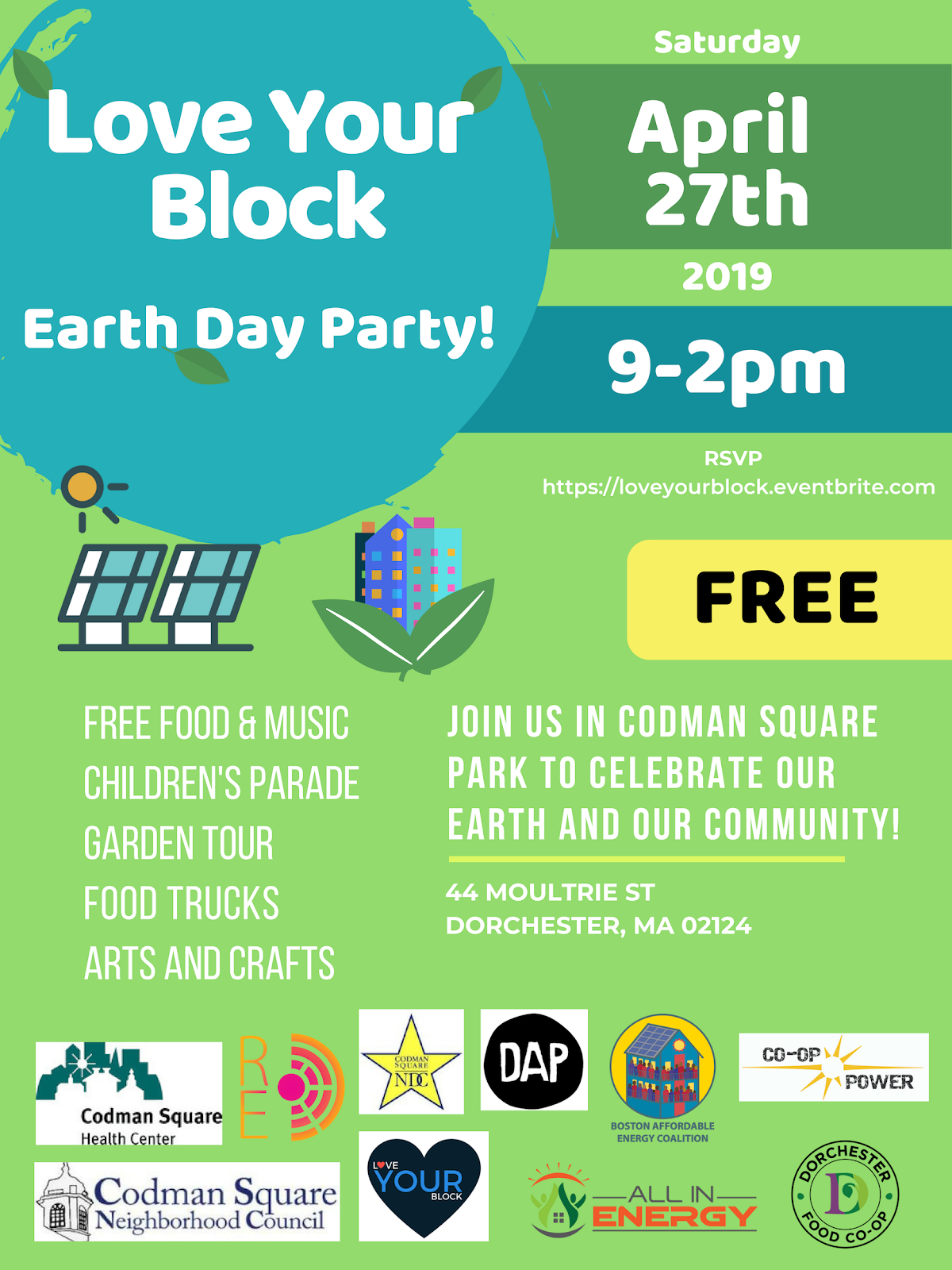Earth Day - Vital Insects
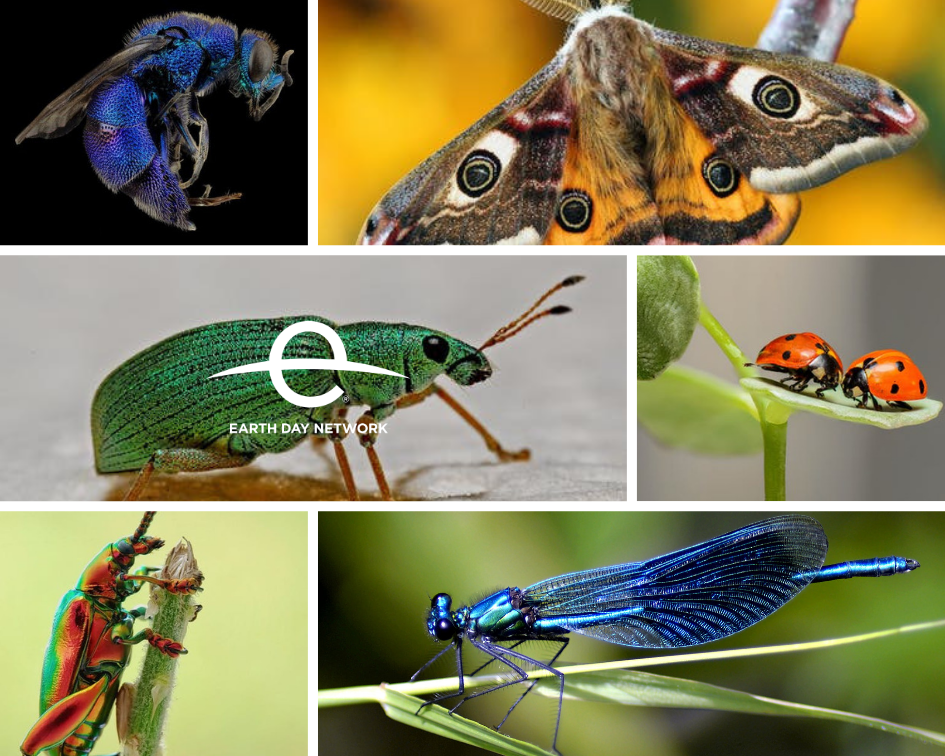 As we welcome back spring, we celebrate the season with renewed vigor and an appreciation for the various elements of change that arise in the form of longer days, plenty of sunshine, and the reemergence of nature.
As we welcome back spring, we celebrate the season with renewed vigor and an appreciation for the various elements of change that arise in the form of longer days, plenty of sunshine, and the reemergence of nature.
The start to spring also serves as a fervent reminder of the vital role that insects play in the ecosystem. As insects begin to reappear, we must work to ensure that they are protected and that their habitats are restored and preserved in order to maintain balance in the environment so that insects can thrive now and in the future!
Here's What You Can Do to Protect Insects
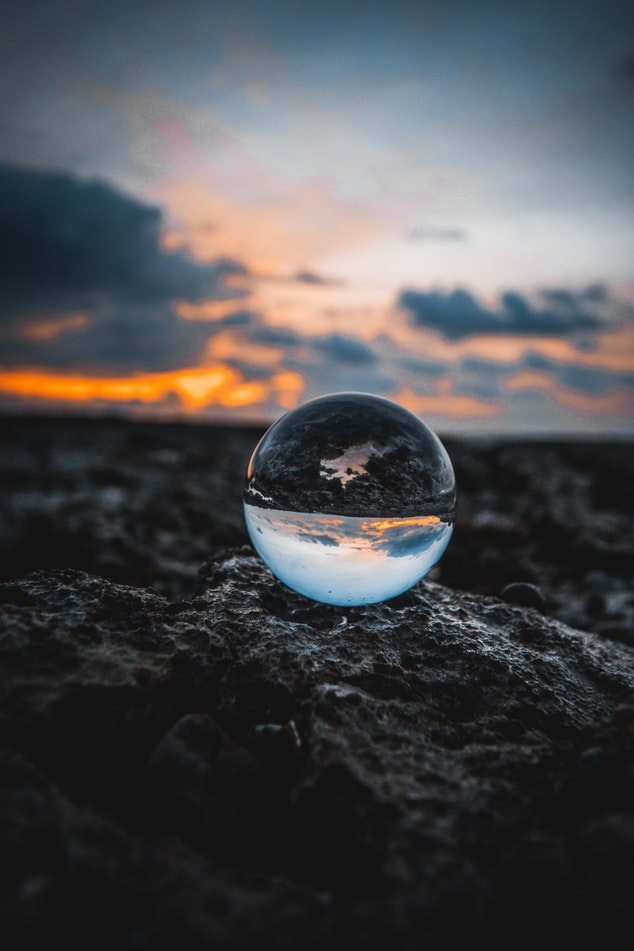 Take Earth Day Network's Pesticide Pledge to help reduce the
Take Earth Day Network's Pesticide Pledge to help reduce the amount of pesticides that are killing insects like pollinators. The risks associated with pesticides are now considered by many scientists to greatly outweigh the benefits. In fact, pesticides are known to kill many beneficial insects including those that are vital for pollination or biological control. Pesticides may also harm other wildlife and plants species that encounter these chemicals.- Educate your family, friends, and elected officials: The global decline of insects worldwide is nothing to celebrate. We depend on insects and so do millions of other species. Use our resources linked below to share and educate the people in your lives about insects and how these amazing, beautiful, scary, and (sometimes) ugly insects are saving our lives!
- Check out nature's remedies: Many remedies exist in nature that
do not require pesticides. For instance, both ladybugs and lacewing larvae consume unwanted insects and provide a net benefit to the local ecosystem in the process. Consider adding beneficial insects to your yard, garden, or farm this spring. - Start a habitat at home: In addition to adding beneficial insects, there are other steps you can take on your property. For those with an outdoor garden, creating a compost pile provides fertile habitats for insects. Growing plants that are native to your local ecosystem is also a great step to support and attract the local insect population.
- Use and promote organic products: Purchase organic food, clothing, and other products that are sustainable and avoid the use of pesticides and herbicides.
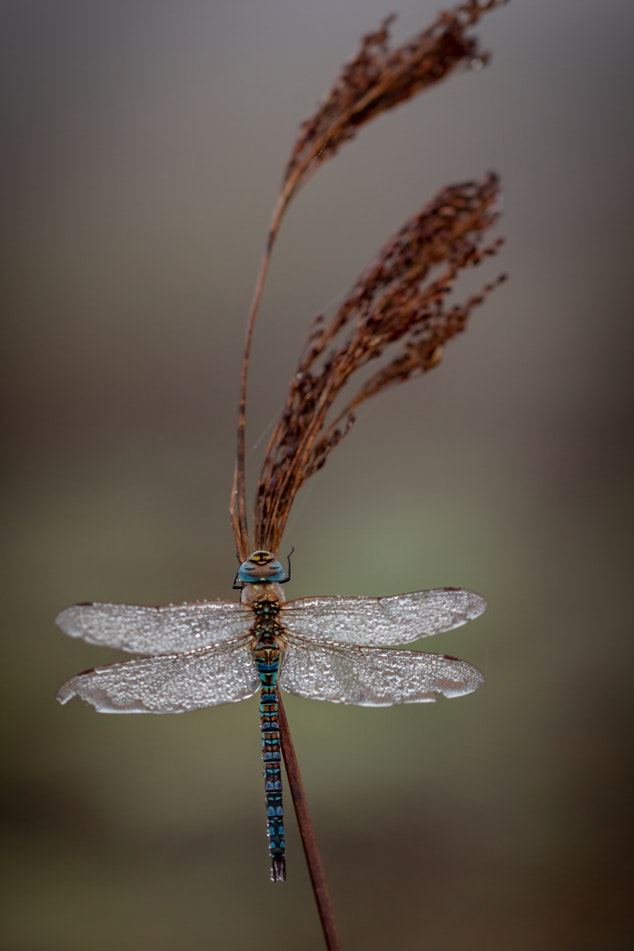 What is Earth Day, and what is it meant to accomplish?
What is Earth Day, and what is it meant to accomplish?
On April 22, 1970, millions of people took to the streets to protest the negative impacts of 150 years of industrial development.
In the U.S. and around the world, smog was becoming deadly and evidence was growing that pollution led to developmental delays in children. Biodiversity was in decline as a result of the heavy use of pesticides and other pollutants.
The global ecological awareness was growing, and the US Congress and President Nixon responded quickly. In July of the same year, they created the Environmental Protection Agency, and robust environmental laws such as the Clean Water Act and the Endangered Species Act, among many.
One billion people
Earth Day is now a global event each year, and we believe that more than 1 billion people in 192 countries now take part in what is the largest civic-focused day of action in the world.
It is a day of political action and civic participation. People march, sign petitions, meet with their elected officials, plant trees, clean up their towns and roads. Corporations and governments use it to make pledges and announce sustainability measures. Faith leaders, including Pope Francis, connect Earth Day with protecting God’s greatest creations, humans, biodiversity and the planet that we all live on.
Earth Day Network, the organization that leads Earth Day worldwide, has chosen as the theme for 2018 to End Plastic Pollution, including creating support for a global effort to eliminate primarily single-use plastics along with global regulation for the disposal of plastics. EDN is educating millions of people about the health and other risks associated with the use and disposal of plastics, including pollution of our oceans, water, and wildlife, and about the growing body of evidence that plastic waste is creating serious global problems.
From poisoning and injuring marine life to the ubiquitous presence of plastics in our food to disrupting human hormones and causing major life-threatening diseases and early puberty, the exponential growth of plastics is threatening our planet’s survival.
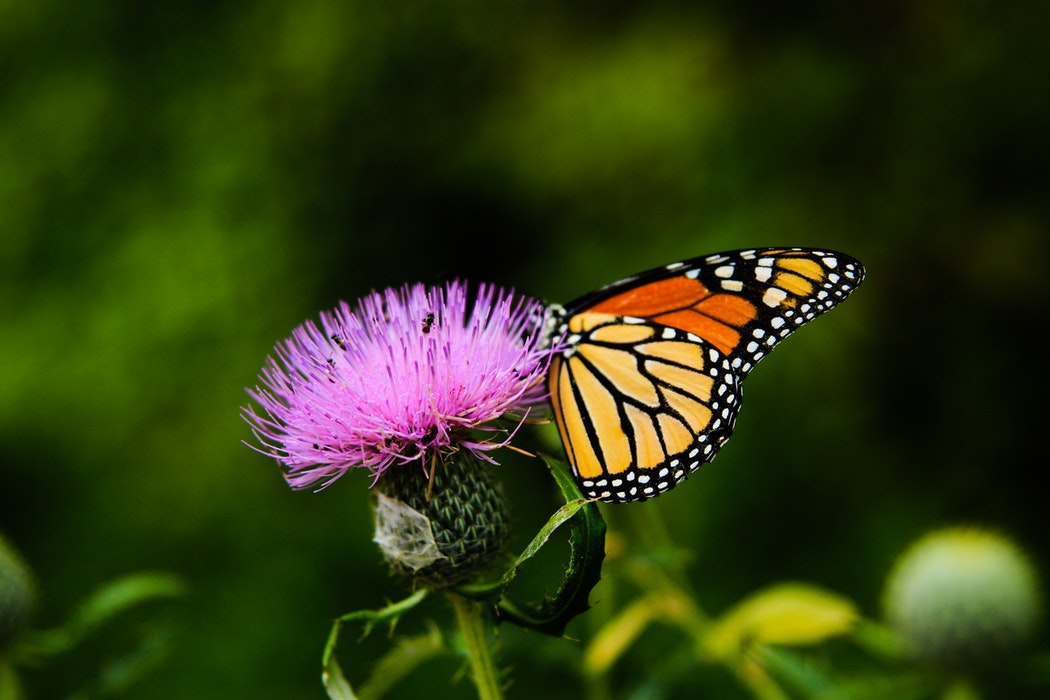 As we approach Earth Day (April 22), we ask you to protect insects and Protect Our Species across the globe.
As we approach Earth Day (April 22), we ask you to protect insects and Protect Our Species across the globe.
- Download our Protect Our Species Primer and Action Toolkit to learn everything you need to know about the species loss crisis and the steps you can take to help reverse it.
- Download our resources to organize for Earth Day 2019.
- Use the 2019 hashtags #EarthDay2019 and #ProtectOurSpecies and tag EDN @EarthDayNetwork to join the global conversation online. Follow us on Twitter, Facebook, and Instagram.
Together we can save species from extinction!
Thank you for being part of our global movement to Protect Our Species.
Sincerely,
Earth Day Network







